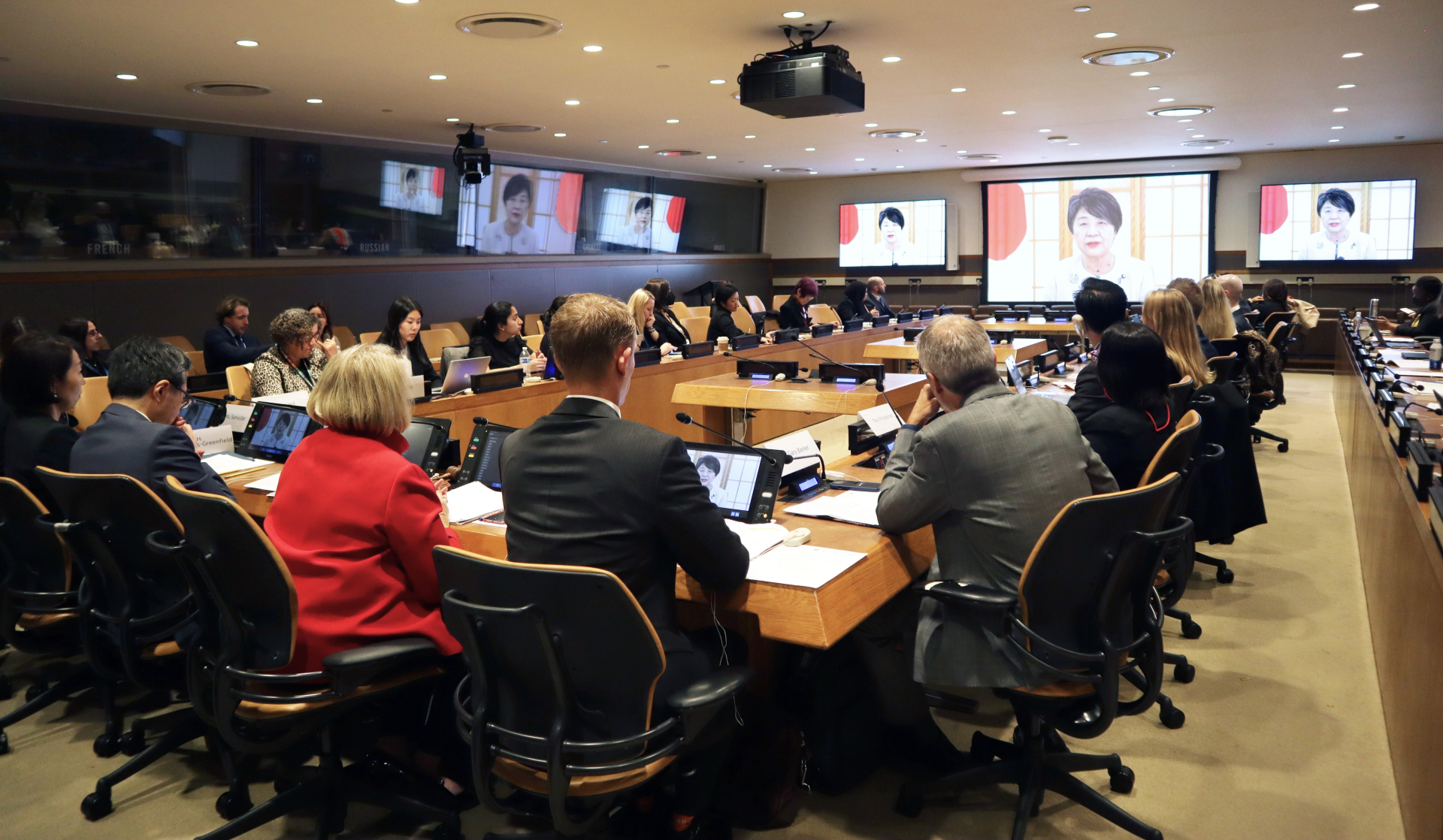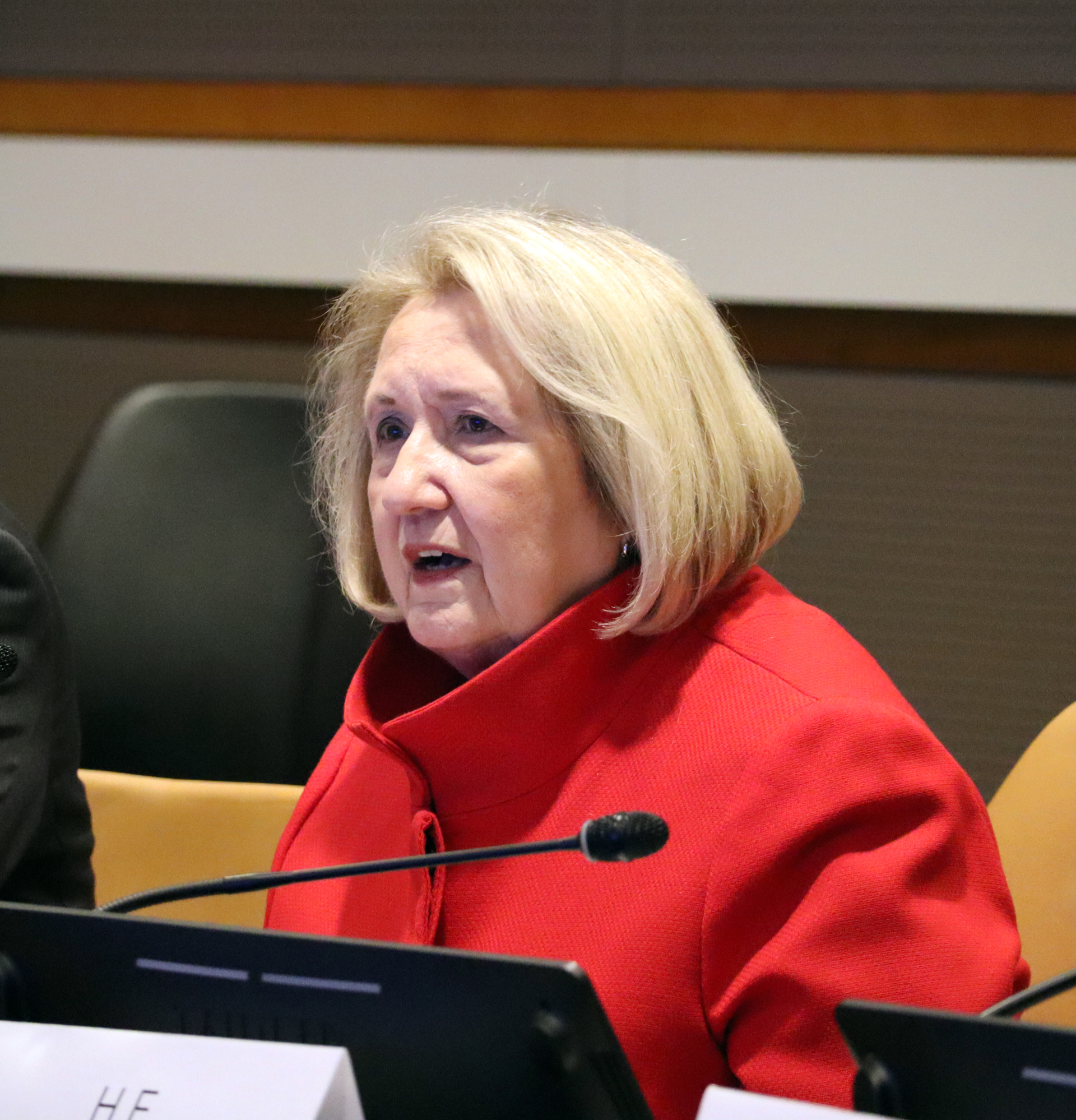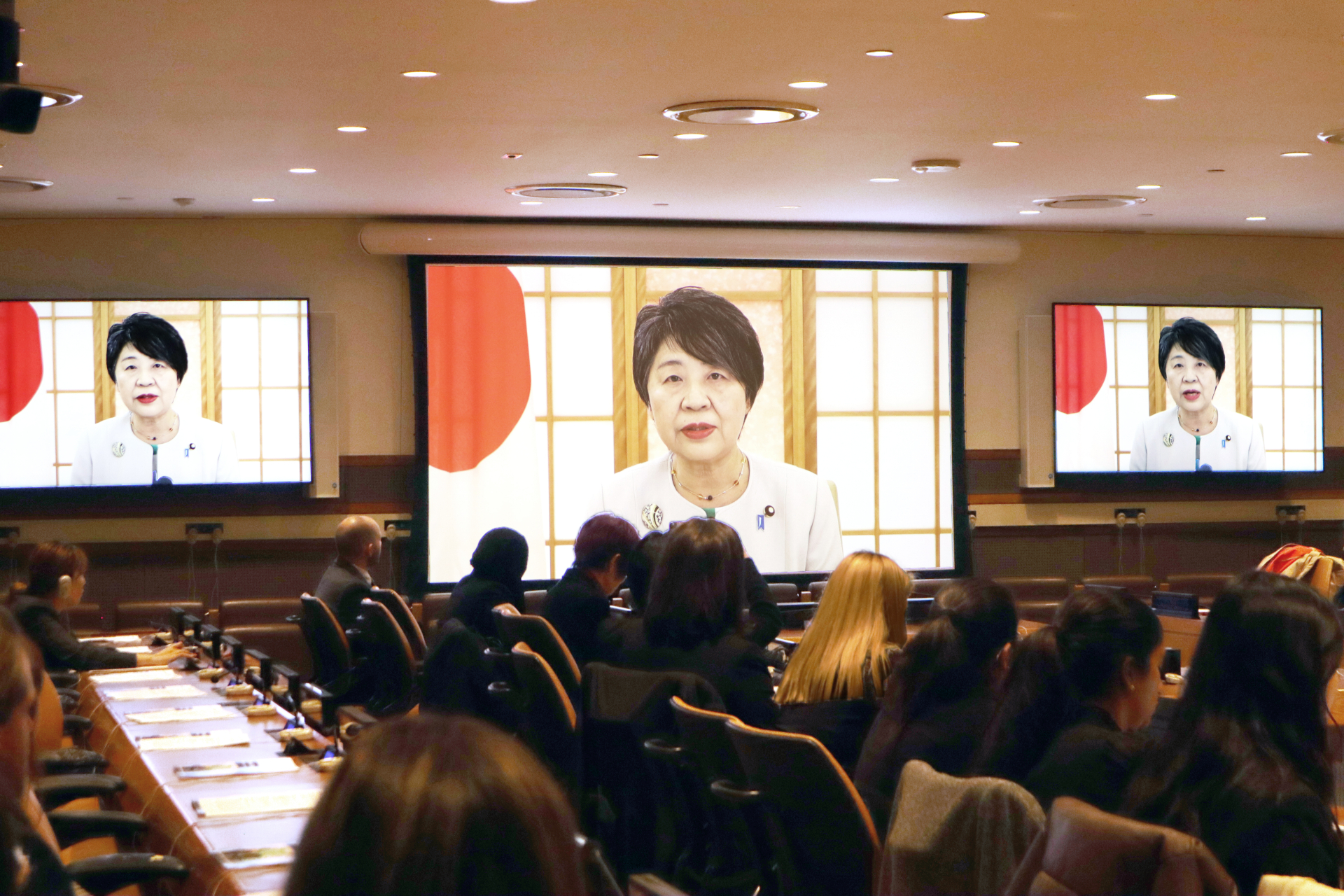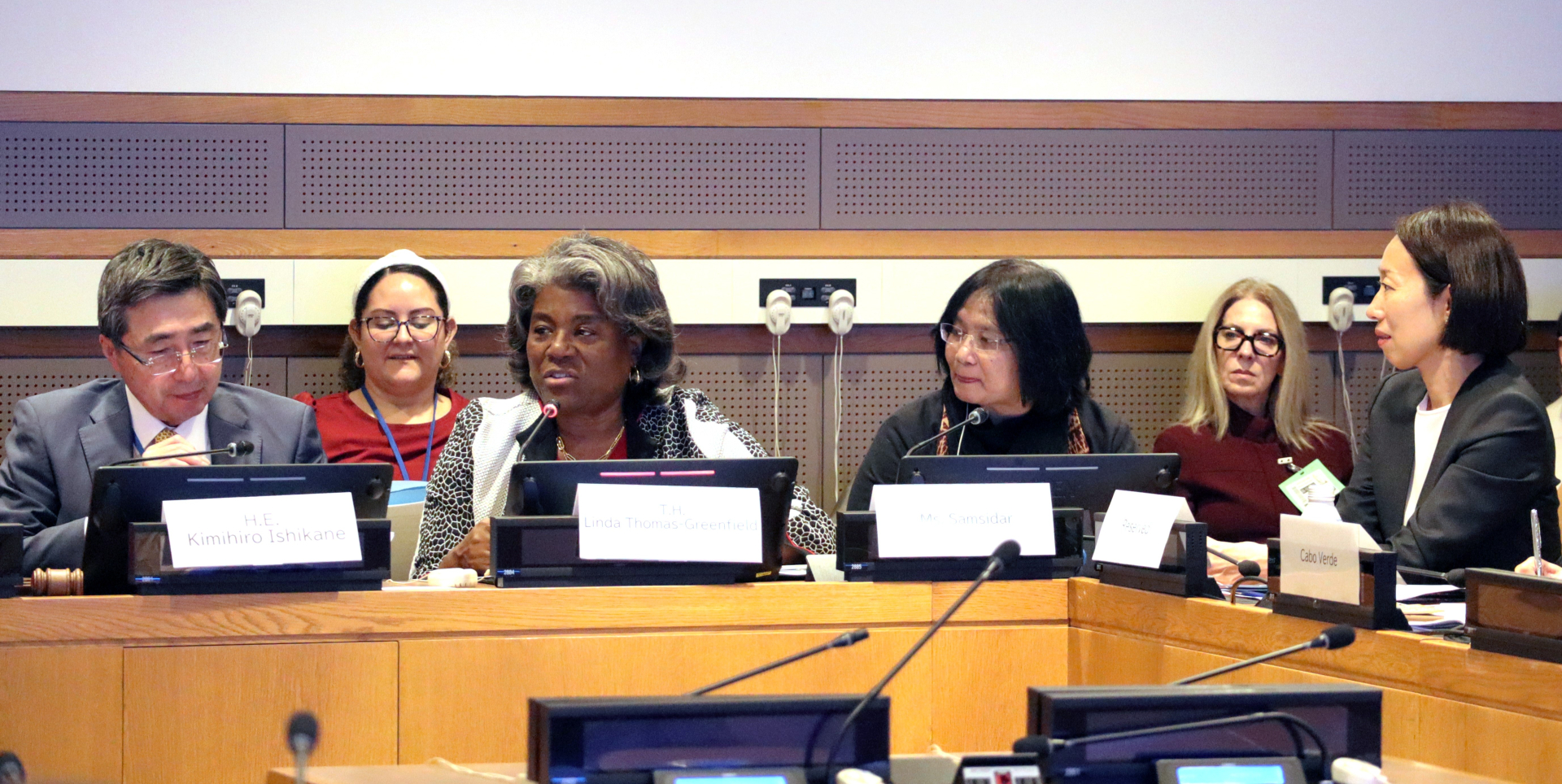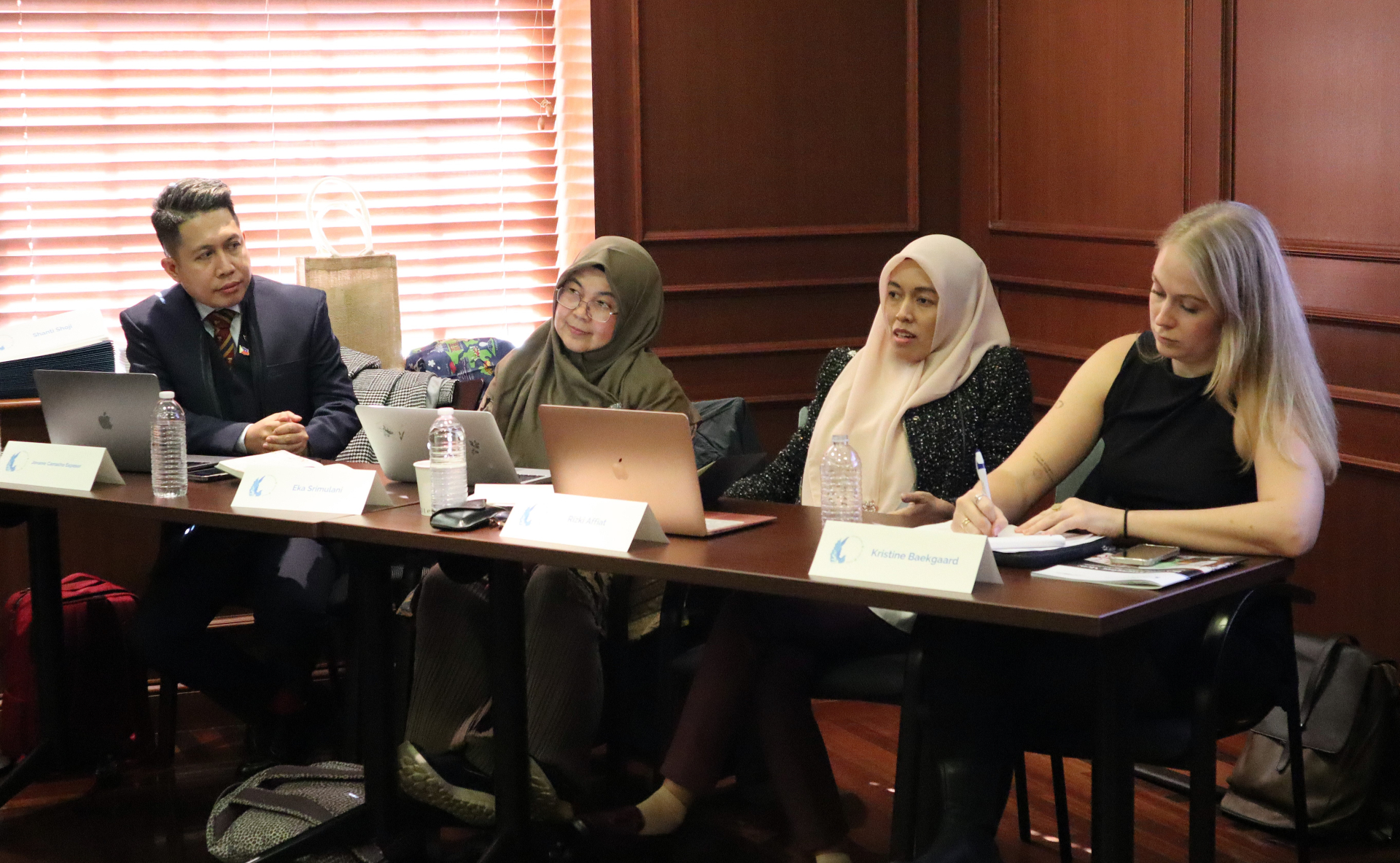The Women, Peace and Security (WPS) agenda was established in October 2000 with the passage of UN Resolution 1325, which recognizes the crucial role women play in resolving conflicts as well as the disproportionate impact conflict has on women and girls.
While 107 countries, including 12 in the Asia-Pacific region, have formulated national action plans on WPS, the reality is that women continue to be excluded from peacebuilding processes and face the devastating consequences of conflicts around the world. UN Secretary-General António Guterres
recently remarked that in peace processes led by the UN, only 16% of negotiators and delegates were women, and the number of women and girls living under the threat of violence continues to increase. This raises the question of what can be done to spur progress on the WPS agenda.
One opportunity, highlighted by the new report “
Beyond Engaging Men: Masculinity, (Non)Violence, and Peacebuilding” by the Georgetown Institute for Women, Peace and Security (GIWPS) in collaboration with the Peacebuilding Program of the Sasakawa Peace Foundation (SPF), may be engaging men in support of the WPS agenda.
To better understand the relationship between masculinity, gender equality, and peacebuilding, this report presents new analysis of extensive data collected with the support of SPF and local partners in three conflict-affected areas in Southeast Asia – Aceh and Maluku in Indonesia and the Bangsamoro Autonomous Region in Muslim Mindanao (BARMM) in the Philippines – to inform actionable policy interventions that reflect the realities on the ground.
Key findings from the GIWPS report include that, contrary to expectations, violence was the least important quality of defining what it means to be a man across all three regions, and both men and women expressed similar attitudes toward the use of violence, demonstrating that formulating effective interventions will require moving past gender stereotypes of men as violent and women as victims. Further, women, including mothers and wives, were shown to play an important role in defining and shaping expectations of what it means to be a “man,” and most male respondents expressed hope that future generations would be held to different standards of masculinity, indicating that expectations can change over a lifetime and pointing to an opportunity to build momentum for meaningful change.
This new analysis is based on survey responses from 6,000 men and women using a questionnaire of over 70 questions adapted based on local historical context, cultural sensitivities, and other concerns.
